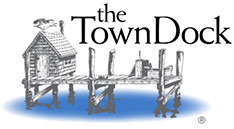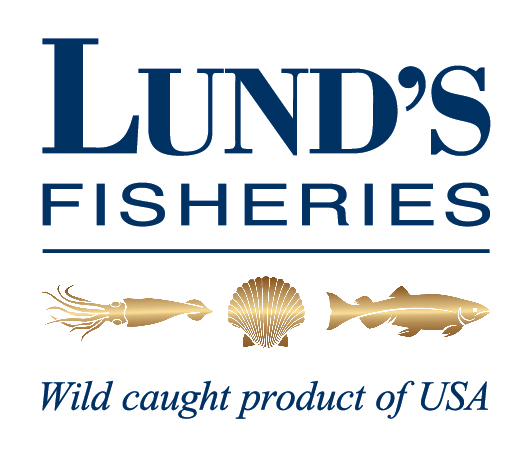
Photo Caption: Accepting the award on behalf of Jill Turner-Mitchael is David Badeen, Vice President HealthCare for Sam’s Club. Shown Left to Right – Sam’s Club President and Chief Executive Officer, John Furner; Sam’s Club Executive Vice President and Chief Merchandising Officer, Ashley Buchanan; Sam’s Club VP Health Care, David Badeen; Marine Stewardship Council U.S. Program Director, Eric Critchlow.
October 20, 2017 — The following was released by the Marine Stewardship Council:
The Marine Stewardship Council today awarded Sam’s Club and the Health and Wellness Team the US Ocean Champion award for their dedication to providing certified sustainable supplements to their customers. Under the leadership of Jill Turner-Mitchael, Senior Vice President of Consumables and Health & Wellness, 100% of Sam’s Club private label Member’s Mark fish and krill oil supplement products are traceable to a MSC-certified sustainable fishery.
“I am honored to be presenting Jill and her team with this award on behalf of the Marine Stewardship Council,” said Eric Critchlow, MSC Program Director, USA. “Jill’s leadership in sourcing certified sustainable supplements and allowing the consumer to choose between certified and non-certified is bold and, most importantly, demonstrates to consumers that they can make healthy choices for themselves and the ocean.”
By educating consumers about the importance of sustainably sourced products at point-of-purchase, Sam’s Club is driving measurable change of empowering millions of Americans to choose supplements that support healthy oceans and thriving communities.
“At Sam’s Club we know our members care about having access to quality products at a great value that are healthy choices for themselves as well as the environment,” said Jill Turner-Mitchael, Senior Vice President Consumables and Health & Wellness. “Our team works very closely with our suppliers to source the best product from the best merchants and think this is a great example of how everyone wins when we do just that.”
Only seafood products that carry the blue MSC ecolabel can be traced back through the supply chain to sustainable fisheries, ensuring complete traceability to a sustainable source. To achieve MSC certification, fisheries must meet 28 performance indicators for sustainability across three principles: sustainable fish stocks, minimizing environmental impacts, and effective management. The most common MSC certified sources of Omega-3s include cod, hake, hoki, krill, pollock, salmon and sardine.
Covering more than 70% of the planet’s surface, oceans supply the oxygen we breathe and are vital to human health and well-being. As a leader in the sustainable supplements sector, Sam’s Club is contributing to the long-term sustainability of ocean environments.


